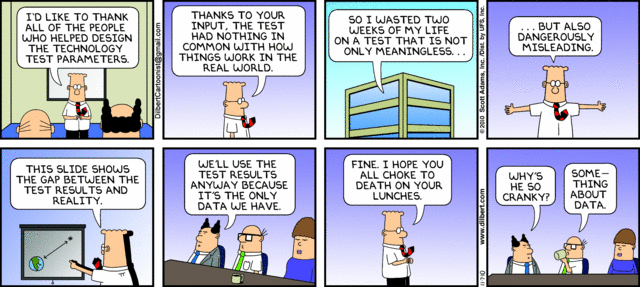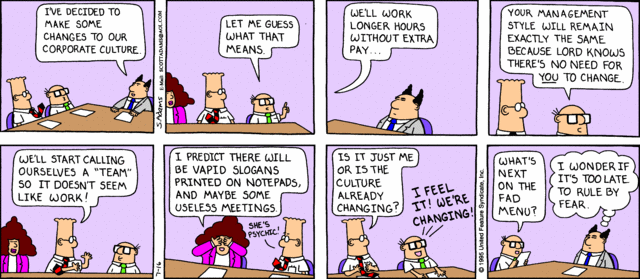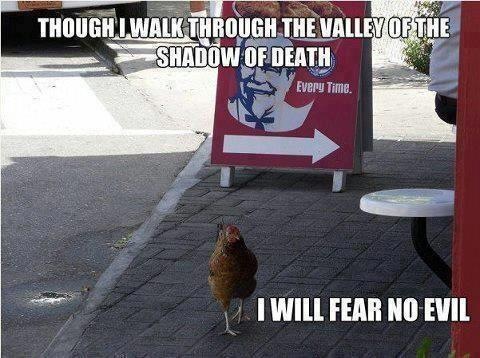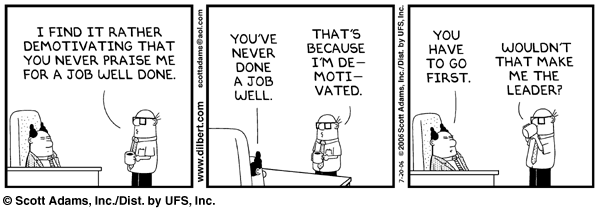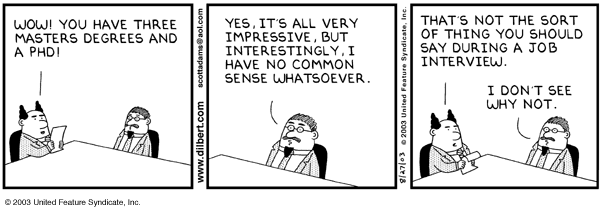The Leadership Secret Steve Jobs And Mark Zuckerberg Have In Common
cerpts from my interview with Robert Sutton, professor at Stanford's Graduate School of Business and author of Scaling Up Excellence: Getting To More Without Settling For Less. What You Can Learn About Leadership From Jobs And Zuckerberg Robert Sutton: We all have imperfections and surrounding yourself with people who can do things you can't is really essential. If you just look at Zuckerberg, the guy is very, very focused on the product and is probably not particularly great interpersonally. So…
4 minutes
Team Building: How to use Moneyball at the office to build great teams
ere are a lot of myths about team building. For instance: People are not a company's most valuable asset. The right people are. This is one of the key things Jim Collins explains in Good to Great: Why Some Companies Make the Leap... and Others Don't, his exhaustive study of great teams and leaders. He holds Nucor up as a prime example of perfect team building. These guys were so devoted they chased lazy employees out of the factory. Via Good…
5 minutes
Strategic Leadership: How To Avoid The Most Common Error Leaders Make
my interview with Harvard Business School professor Gautam Mukunda, author of Indispensable: When Leaders Really Matter, I asked him about the biggest mistake leaders make: Gautam: Over time, it’s grandiosity. Eric: Hubris? Gautam: Yeah. You live in an environment where everybody constantly tells you how great you are, and you begin to believe it. Eric: Yeah. Even Machiavelli said a leader needs people who are going to be honest with them, because everybody’s going to kiss their ass. Gautam: Exactly...…
5 minutes
Culture Change: How To Improve Your Workplace Culture
en a bunch of people get together, everything changes. Different rules apply. I've posted about navigating office politics. Now what is all this talk about company culture? Does it mean anything? And how can you create culture change? A Good Culture = Success For those who think "culture change" is just some buzzword, research shows culture actually affects profits. A lot. As much as half of operating profit can be attributed to a company's culture: In his new book, The…
7 minutes
Effective Leaders: The 12 Elements Of Effective Leadership Style
erybody has an opinion on what leaders should do. (Even me: here, here and here.) So what do effective leaders really do? How do they actually spend their time? Harvard professor John Kotter decided to find out. He shadowed 15 high performing executives, interviewed them, and talked to their subordinates. This took months. What he got was an accurate look at how effective leaders spend their day, the patterns behind what they do and how they do it. Via John…
4 minutes
Fearlessness: 3 Things You Can Learn From Special Ops And Navy SEALS
ne-man army." It's a phrase that gets thrown around lightly. But for 7 hours, Hector Cafferata was exactly that. On November 28, 1950 during the Korean war, the then 21-year-old took on an entire regiment of Chinese soldiers, defending his group of badly wounded friends. He did it in 30 degrees-below-zero-weather while in his socks. He had only his eight shot M1 Garand and when grenades were thrown at him he batted them away with a shovel. I'm going to…
7 minutes
Qualities Of A Leader: How To Go from “Good Manager” To “Great Leader”
metimes management and leadership are used interchangeably. Other times "management" is derided as unnecessary bureaucracy and "leadership" is an elusive ideal, always in short supply. What's really the difference? John Kotter, a leadership expert who teaches at Harvard, does a good job of distinguishing the two. Via John P. Kotter on What Leaders Really Do Management controls people by pushing them in the right direction; leadership motivates them by satisfying basic human needs. And this offers insight as to how you can go…
3 minutes
10 Research-Backed Steps To Building A Great Team
w do you build a great team? A great team is not just a group of great individuals. Research studies have shown the elements that go into making a productive group aren't always obvious and often defy conventional wisdom. 1) Don't just look for smarts, look for social skills What makes for smart teams? It’s not average IQ; it’s team social skills: The three factors are: the average social sensitivity of the members of the group, the extent to which the…
5 minutes

